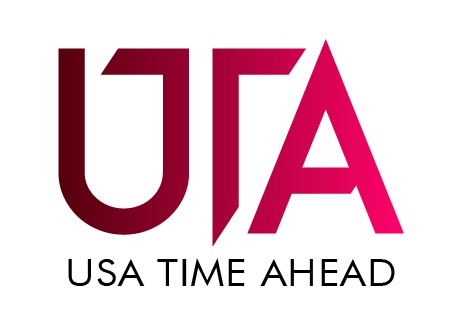You can better manage your finances by having multiple bank accounts, but doing so does take more work.
The number of bank accounts you should have depends on your needs and financial habits. You may be content to have just two bank accounts—your savings and checking account—or you may need more to keep track of different financial objectives, divide expenses between personal and business use, or share a bank account with a partner.
According to Leslie H. Tayne, a financial attorney in New York at Tayne Law Group P.C., “most people need at least one checking account for managing daily transactions and one savings account for setting aside extra funds.” “However, there may be situations when you need other accounts.”
Continue reading to learn when it makes sense to open and maintain multiple bank accounts as well as some important considerations.
Why Maintain Several Bank Accounts?
Keeping several bank accounts can aid in financial organization. Some people, for instance, have business checking and savings accounts, joint checking and savings accounts, and personal checking and savings accounts.
The following are some justifications for wanting multiple bank accounts:
keeping an eye out for ongoing costs and savings for additional funds.
preserving a separate emergency fund.
keeping personal and business bank accounts apart.
using a partner’s joint checking account to pay for shared expenses.
dividing expenditures, for example, by keeping separate accounts for bills and variable costs.
obtaining bank bonuses through account opening and balance maintenance.
Ohan Kayikchyan, a certified financial planner and money coach, says it can make sense for a household to keep four accounts: one savings account for emergency funds and another for other savings goals; one checking account for variable expenses and one for monthly recurring bills.
The Pros and Cons of Having Several Bank Accounts
Using multiple bank accounts has its benefits, but keeping the accounts up to date can be a disadvantage. On the plus side, having multiple bank accounts enables you to track your financial movements, separate funds, and create budgets.
According to Tayne, you can prevent overspending by setting up separate accounts for different spending categories.
For example, you won’t have to worry about a rent check being returned because you spent too much on groceries if you use different accounts for variable expenses and bill payment.
To avoid going over the FDIC insurance limits, Tayne advises spreading out large sums of cash across several banks.
However, you will need to handle each of your bank accounts if you have more than one. “The more bank accounts you have, the more there is to manage and keep track of,” Tayne states. “Consider any minimum balance requirements to avoid fees as well as automatic transfers that could put you in the red if you don’t maintain enough of a buffer.”
She advises keeping a close eye out for fraudulent activity on bank statements.
Furthermore, depending on your balance, certain interest-bearing savings accounts pay out at a higher rate of interest. Keeping a larger portion of your money in one location could be beneficial.
Nevertheless, unless you have a charged-off account with a negative balance, bank accounts have no effect on your credit score. According to Tayne, you run the risk of having your repeated overdrafts reported to ChexSystems, which will make it more challenging to open new accounts down the road.
Things to Take Into Account Before Opening a Bank Account
Whether it’s your first or fifth bank account, bear the following things in mind when you’re ready to open one:
Account objective. Your plan for using the account.
Bank standing. Reviews and past performance show you whether or not to trust the organization.
minimal standards for balance. The amount that must remain in the account in order to prevent fees.
rates of interest. How much interest, if any, your deposits earn.
fees for accounts. The cost of keeping an account and any conditions that must be fulfilled in order to avoid fees.
Services that are offered. The bank provides services like a mobile app and online bill payment.
Advice for Organizing Many Bank Accounts
Although managing several bank accounts can be difficult, money management tools can help. For instance, Tayne advises connecting your accounts to a budgeting app in order to obtain a unified picture of your finances. In order to receive notifications about upcoming bill payments, large transactions, and low balances, you can also register for text or email alerts from your bank.
Nevertheless, you ought to examine your accounts on a regular basis. “It’s wise to check your bank statements on a monthly basis to ensure there are no unauthorized or suspicious transactions on the accounts,” Kayikchyan says. “Periodically reviewing your bank statements will also assist in budgeting, helping you keep your expenses in check.”



